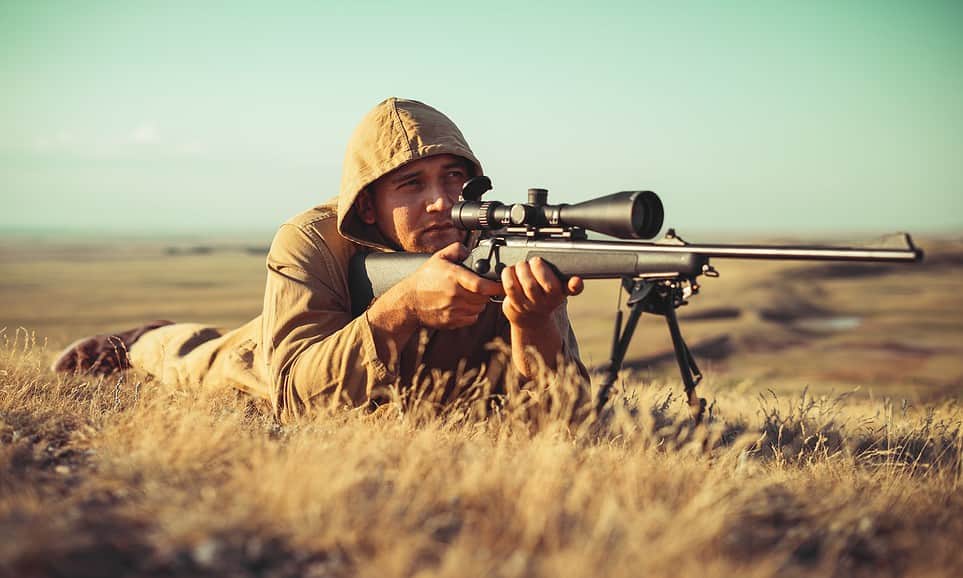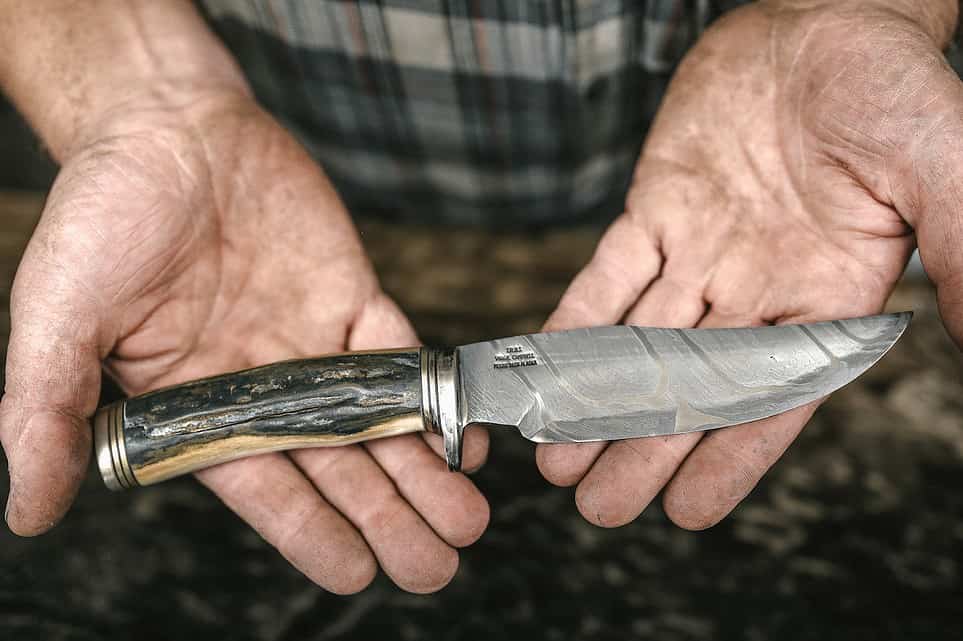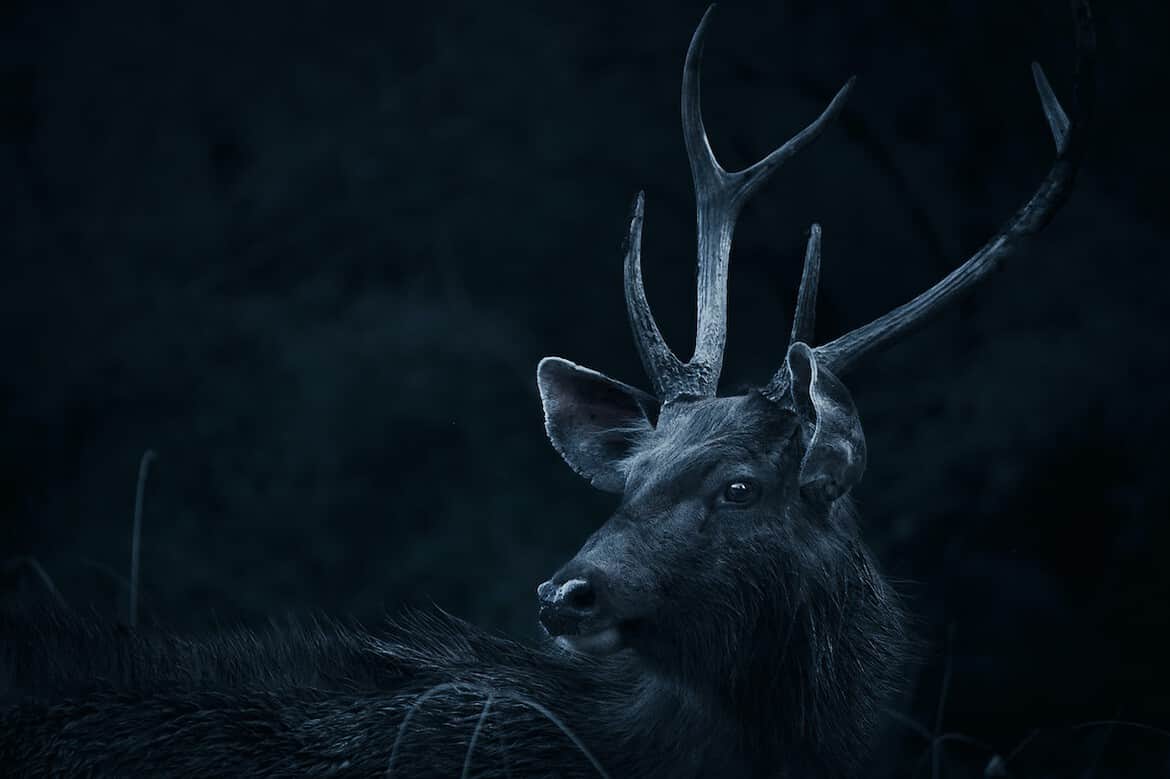Are you a hunter who loves the thrill of the chase and the satisfaction of bringing home a trophy? Hunting can be an exhilarating sport that provides a sense of adventure and accomplishment, but it also comes with a great responsibility to respect wildlife, the environment, and other hunters. In other words, hunting ethics matter! In this article, we’ll explore hunting ethics’ do’s and don’ts and how they can help you become a more responsible and ethical hunter. From safe hunting practices to honoring the animal, we’ll cover everything you need to know to ensure that your next hunting trip is enjoyable but also sustainable and ethical.
The Do’s of Hunting Ethics
Respect for wildlife
One of the most essential principles of hunting ethics is respect for wildlife. It means treating animals with dignity and empathy. Ethical hunters never take more than they need and never waste any part of the animal. They also avoid causing unnecessary harm or suffering to animals. As hunters, we should never forget that we are guests in the animals’ natural habitat and do our best to leave it undisturbed.
Safe hunting practices
Hunting can be dangerous if not done safely. Ethical hunters always put safety first. This means using proper hunting equipment, following firearms safety rules, and wearing appropriate clothing and gear.

Hunters should also be aware of their surroundings and avoid taking shots if other hunters or hikers are in the area. Additionally, ethical hunters never shoot at a target they are not sure they can hit accurately.
Honesty in reporting harvest
Another important principle of hunting ethics is honesty in reporting harvest. Ethical hunters always report their harvest accurately and truthfully.
This means reporting the species, sex, and age of the animal, as well as the location and date of the hunt. Hunters should also report any violations of hunting laws or regulations that they witness.
Adherence to laws and regulations
Hunting is regulated by laws and regulations to ensure the sustainability of wildlife populations. Ethical hunters always adhere to these laws and regulations.
This means obtaining the necessary licenses and permits, following hunting season dates and bag limits, and obeying all other hunting regulations. Hunters should also stay informed about any changes in hunting laws or rules and comply accordingly.
Proper disposal of waste and carcasses
After a successful hunt, ethical hunters dispose of waste and carcasses properly. This means taking steps to avoid contaminating water sources or other habitats. Ethical hunters also ensure the animal is utilized as much as possible. They donate excess meat to food banks or other charitable organizations or use it for personal consumption.
While ethical hunting practices are crucial, they’re not the only aspect of responsible hunting. Safety is equally important, especially when hunting from a tree stand. If you’re planning to hunt from a tree stand, make sure to invest in the best hunting safety harness you can find to reduce the risk of injury or even death.
Check out this article on the Best Hunting Safety Harness for Your Tree Stand to find the perfect one for your needs. Once you’re equipped with the proper safety gear, you can focus on practicing ethical hunting techniques that will help preserve the sport for generations to come.
The Don’ts of Hunting Ethics
Poaching and illegal hunting
Poaching and illegal hunting are among the most serious violations of hunting ethics. Poaching is the illegal taking of wildlife, which threatens the sustainability of wildlife populations.

Ethical hunters never engage in poaching or illegal hunting. They also report any poaching activities they witness to the authorities.
Trophy hunting for the wrong reasons
Trophy hunting for the wrong reasons, such as for bragging rights or collecting exotic trophies, is not ethical. Ethical hunters hunt for sustenance and to challenge their skills as hunters. They also respect the animal and the environment.
Taking shots beyond your ability
Taking shots beyond your ability is not ethical hunting. Ethical hunters always take shots that they know they can hit accurately.
This means understanding their limitations and the limitations of their hunting equipment. Hunters should also avoid taking shots at animals that are out of range.
Disrespecting the environment and other hunters
Ethical hunters respect the environment and other hunters. This means avoiding environmental damage, such as littering or disturbing wildlife habitats.
Hunters should also respect other hunters and avoid interfering with their hunts. Ethical hunters should also consider the impact of their hunting activities on others and the environment.
Wasting game
Wasting a game is not ethical hunting. Ethical hunters make use of as much of the animal as possible. This means utilizing the animal’s meat, hide, bones, and other parts. Hunters should also avoid taking more than they need or can use.
Examples of Ethical Hunting

There are many examples of ethical hunting practices that hunters can follow. These include:
Responsible hunting practices
Ethical hunters practice responsible hunting by following the principles of hunting ethics. They also stay informed about the latest hunting laws and regulations and comply accordingly.
Giving back to the environment and conservation efforts
Ethical hunters give back to the environment and conservation efforts. This can involve donating to wildlife conservation organizations or participating in wildlife management programs.
Honoring the animal and using all parts of the game
Ethical hunters honor the animal and use all parts of the game. This means utilizing the animal’s meat, hide, bones, and other parts. Hunters should also be respectful of the animal and the environment.
Educating others on ethical hunting
Ethical hunters educate others on ethical hunting practices. This can involve mentoring new hunters or participating in outreach programs to promote responsible hunting.
Wrapping up
In conclusion, ethical hunting is a crucial aspect of responsible hunting. By following the dos and don’ts of hunting ethics, hunters can ensure that hunting remains a sustainable and ethical practice for generations. If you’re looking to enhance your hunting skills further, don’t forget to check out the article on the Best Hunting Safety Harnesses for Your Tree Stand, and if you’re looking to save some money while hunting, our article on Hunting On A Budget – Can It Be Done? is an excellent resource for tips and tricks. Happy hunting!

